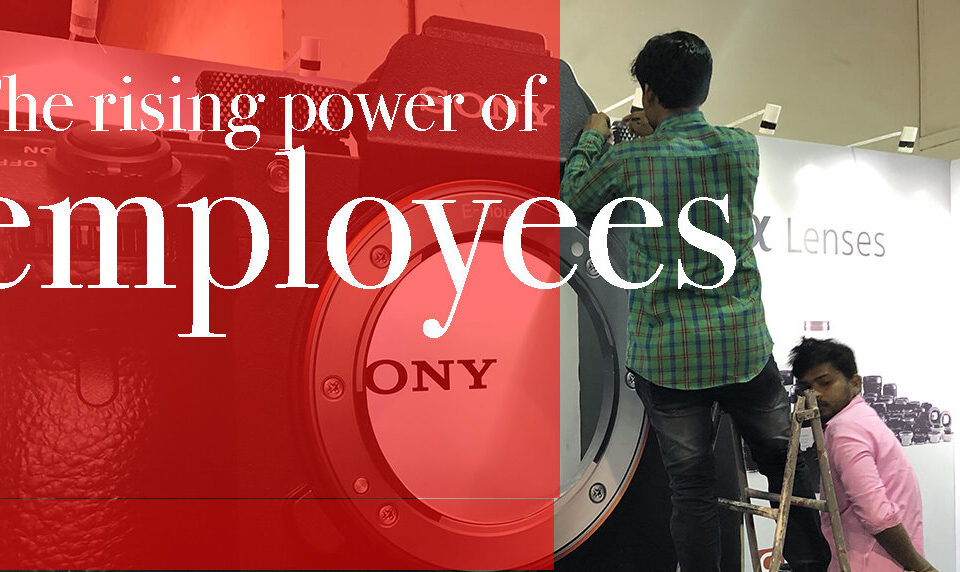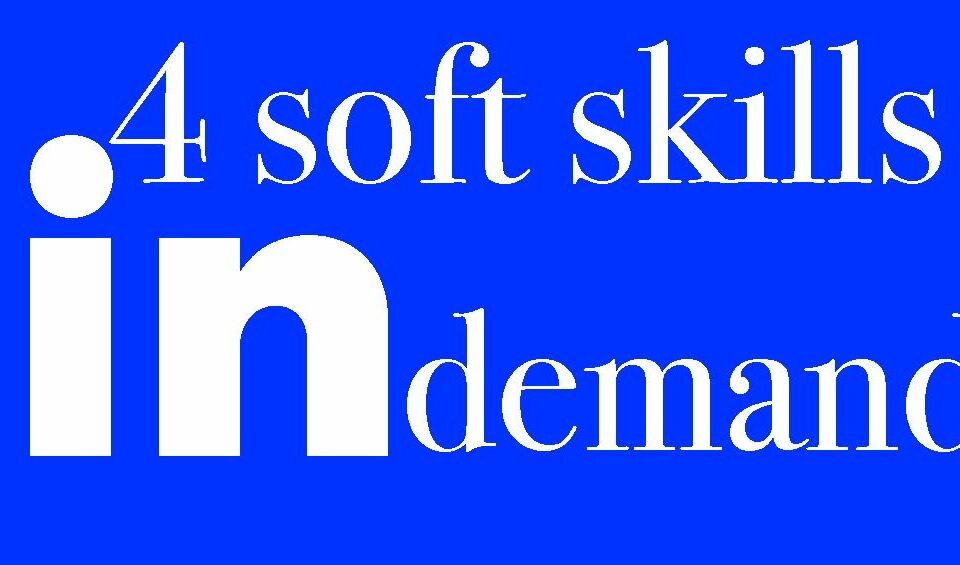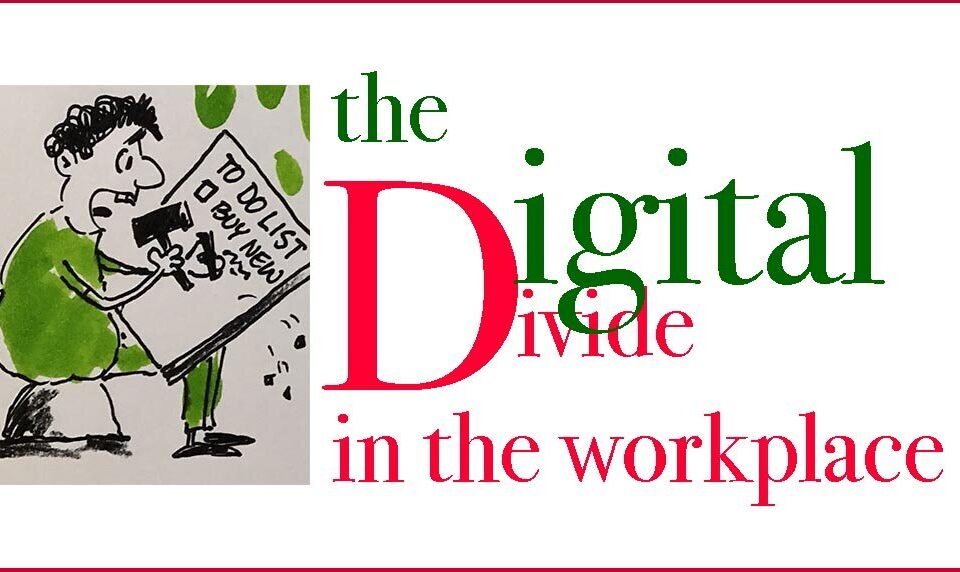Gravitas was one of the virtues that "Romans of good character were expected to exemplify and pass on through the generations." Gravitas came from the word gravity and was used to mean a sense of the importance of the matter at hand; responsibility, and being earnest. Firms coach senior leaders in building their executive presence. Gravitas is an important element of Executive Presence. Can it be learned? ...
Employers no longer own the brand. Leaders were just about starting to take the voice of the customer seriously. Now they have to also deal with the collective power of a hyperconnected world of workers. Employees are keen to force the employers to make ethical choices. Leaders have no choice but to follow the employees. This time they are leading.
Harvard used to have some of its employees manage their endowment funds. These people were paid huge salaries and bonuses like professional fund managers of investment funds. The result was Harvard earned billions but the fund managers earned in millions. When their salary information was shared with their colleagues, it made them resentful. Harvard was forced to bring their pay in line with other colleagues. The fund managers left. Transparency is not easy to manage.
As the workers get more connected in their life outside the organization, they get used to better apps, faster connectivity and delightful experience. Most of the apps where the people spend time like Facebook, Instagram, Snapchat etc have been designed by the best User Experience designers of the world. Coming into the workplace can feel like a serious downgrade...
Creating low end jobs is not going to be sustainable. Machines will outperform us every time. It may be hard to build the capability at scale to build techies with deep expertise in Artificial Intelligence. As machines take over from humans, all that is left is creativity and the ability to manage human relationships. That is what India excels at. Instead, India needs to leverage the strengths that it has. It is a culture where relations matter. This is not to take away from the need to build deep tech skills, but to supplement it with something that we may have an advantage in. How do we handle the impact of the 3 factors? Read on...
Don't do exit interviews. Do "entry interviews". Let the managers sit down with the new hire and ask, "What are your favorite projects?" "What goals do you wish to pursue."Don't forget to ask them, "What is broken in our interview process and how do we fix it?"Crowdsource your requests to ask for help with an unproven idea. Get a group of experts to weigh in. Build a bridge with what is familiar within the organization and people who are outside of your organization.
A few weeks ago, the McKinsey Global Institute released a report on skill shift, automation and the future of the workforce. They spoke about the major reskilling challenge that lies ahead. The strongest growth in demand will be for technological skills. The next big surge will be for social and emotional skills such as leadership and managing others. In the technology-charged world of work, empathy is the leadership essential...









